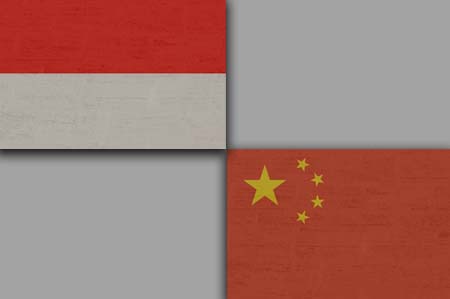
Andreas Mountzouroulias. @andreasmoun, Editor in chief of directus.gr visited ICPS on 10 March 2023, Friday, and interacted with the researchers.


Indonesia, Southeast Asia's largest economy, balances economic ties with China while asserting its sovereignty amid tensions in the South China Sea. China's maritime claims and illegal fishing in Indonesia's Exclusive Economic Zone (EEZ) in the....

The Issue Brief examines how Pakistan’s internal dynamics impact its cooperation with China, particularly through the China-Pakistan Economic Corridor (CPEC), launched in 2015. It traces the evolution of Sino-Pak relations, highlighting their strategic....

The changing political and ideological environment in Bangladesh has significant consequences for its internal unity, the status of its minority groups, and its future relations with regional countries, especially India.
Comments
‘Self-Determination’ as Empty Rhetoric: How Islamabad Undermines Self‑Rule in Pakistan-Occupied Kashmir
Idress Aftab
Pakistan’s celebration of “self-determination” masks a deeper reality of disenfranchisement and control in both parts of Pakistan-Occupied Kashmir—the so-called Azad Jammu and Kashmir (AJK) and Gilgit-Baltistan. When judged by quality of life, representation, and rights, the narrative falls apart.
How a Potential Regime Change in Iran might affect Gilgit-Baltistan
Senge Sering
Potential regime change in Iran could reshape Gilgit‑Baltistan, weakening Shia networks, disrupting China–Pakistan strategies under CPEC, and intensifying regional contestation between Western influence, local identity, and strategic resource exploitation.
The NA-130 Verdict and the Rigged Reality of the Pakistani State
Mohammed Shoaib Raza
The NA 130 verdict exemplifies Pakistan’s hybrid system, where elections, courts, and constitutional amendments serve elite management. Imran Khan’s confinement underscores military dominance over civilian politics and managed democracy.
Ottoman Shadow in India’s Neighbourhood
Senge Sering
As part of Turkey’s ambition to emerge as a global Islamic leader, it is seeking to expand its influence in India’s neighbourhood. Its strategic ties with Pakistan and Bangladesh remain an area of concern for India.